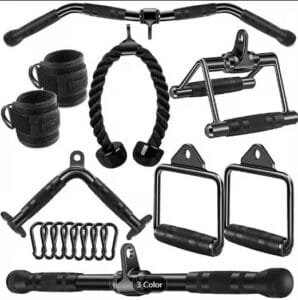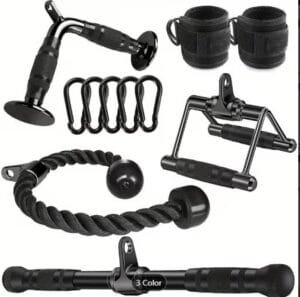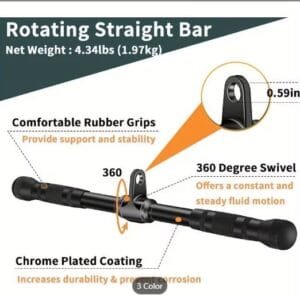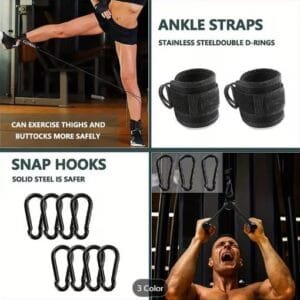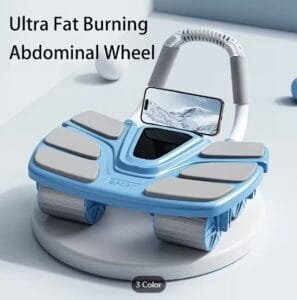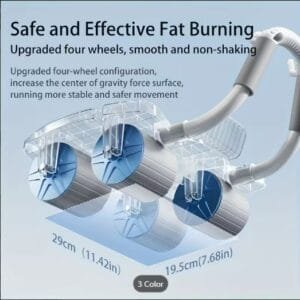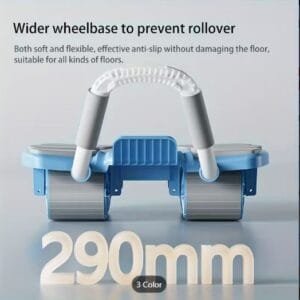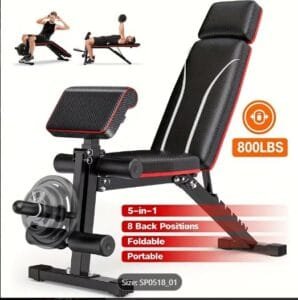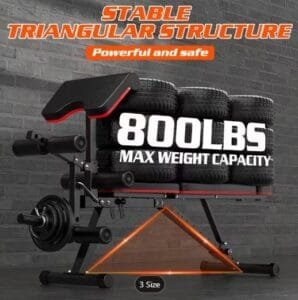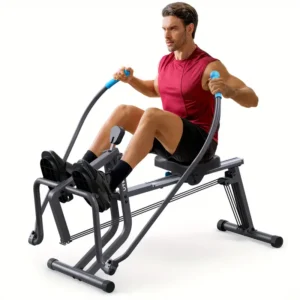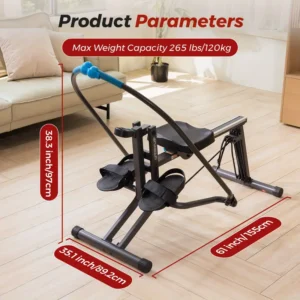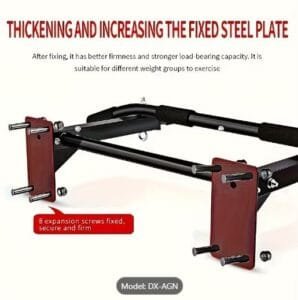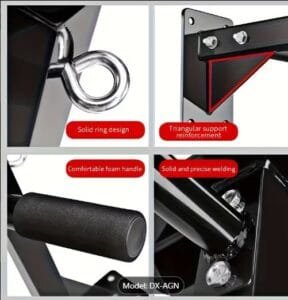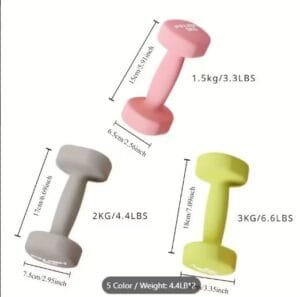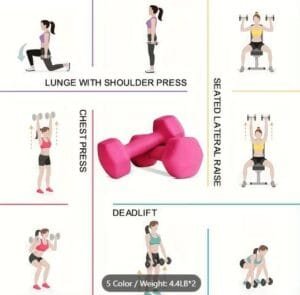Lower Belly: Get rid of full strategy
As we journey through life, our bodies undergo various transformations. One area that often captures our attention is belly fat. Whether you’re in your twenties or well into your golden years, understanding how belly fat evolves can empower you to make informed choices for your health. There are two kinds of belly fat:
Subcutaneous Belly Fat:
Definition: Subcutaneous fat, found just beneath the skin, is the soft, jiggly fat visible on our bellies.
Age Influence: Women tend to have more subcutaneous fat than men. While it isn’t as strongly linked to disease risk, maintaining healthy levels is essential.
Takeaway: Embrace your curves, but keep an eye on overall body fat.
Visceral Belly Fat:
Definition: Visceral fat surrounds internal organs deep within the abdomen.
Age Influence: As we age, visceral fat becomes more prominent. Men often develop an “apple-shaped” figure due to its accumulation, while women may experience a “pear” shape.
Health Impact: Visceral fat is metabolically active and linked to insulin resistance, type two diabetes, and inflammation.
Action Steps: Prioritize exercise, a balanced diet, and overall wellness to manage visceral fat.
Remember, our bodies are unique, and genetics play a role. Regardless of age, staying active, eating well, and understanding the nuances of belly fat can help us maintain a healthier balance. Let’s explore this fascinating topic together!
The main causes of lower belly fat can vary, but here are some key factors:
*High-calorie, low-nutrient foods contribute to weight gain and belly fat.
*Trans fats, commonly found in fast food and baked goods, can cause inflammation and obesity.
2. Lack of exercise:
*Physical inactivity is a significant risk factor for obesity and a higher body fat percentage.
*When you burn fewer calories through activity than you consume, the excess is stored as fat.
3. Excessive alcohol consumption:
*Drinking too much alcohol can lead to health issues, including liver disease and inflammation.
*Research shows that higher alcohol intake is linked to increased visceral fat levels, regardless of body mass index (BMI).
4.Stress:
*The hormone cortisol, released during stress, affects metabolism.
*Stress eating can lead to excess calorie storage around the belly and other areas.
5.Genetics:
*Some evidence suggests that genes play a role in obesity and fat distribution.
Lower Belly: Recent Exercise Techniques
1. Pilates Frog:
*Lie on your back with your knees bent and your feet flat on the floor.
*Lift your legs up, bringing heels together and toes apart.
*Exhale as you press your legs out straight at a 45-degree angle, bringing your inner thighs together.
*Inhale to return to the center. Repeat 10 times.
2. Leg Lift:
*Start on your back with your legs straight out in front of you.
*Lift your legs straight up toward the ceiling.
*Exhale as you slowly lower your legs toward the mat at a 45-degree angle.
**Inhale as you lift your legs again. Repeat 10 times.
3. Hands and Knees Lift:
*Get on hands and knees, shoulders over wrists, and knees under hips.
*Engage your core and lift knees slightly off the ground.
*Lower back down. Repeat 10 times.
4. Plank to Down Dog:
*Start in a plank position with your shoulders over your wrists.
*Pike hips up and back into a downward-facing dog.
*Slowly move forward into the plank again. Repeat 10 times.
5. Bicycle Crunch:
*Lie on your back with your legs straight out.
*Place your hands behind your head.
*Bend at the elbows and perform a bicycle motion with your legs and upper body. Repeat
Hydration: Drink plenty of water to stay hydrated and support metabolism.
Balanced Diet: Focus on whole foods, including lean proteins, fruits, vegetables, whole grains, and healthy fats.
Portion Control: Be mindful of portion sizes to avoid overeating.
Limit Added Sugars and Processed Foods: Cut down on sugary snacks, sodas, and processed foods.
Include Fiber: Fiber-rich foods help with digestion and keep you full longer.
Protein Intake: Protein supports muscle growth and repair.
Diet Recommendations
Best Gym Equipment for Lower Belly Exercises
1.Cable Machine:
- Provides constant tension for effective ab workouts.
- Exercises: kneeling cable crunches, reverse cable crunches, cable woodchops.
2.Ab Roller:
- Targets the entire core, including the lower abs.
- Roll forward and back while maintaining proper form.
3.Decline Bench (for Sit-ups):
- Perform sit-ups with proper support.
- Focus on controlled movements.
4. Rowing Machine (for Knee Tucks):
- Engages the core during rowing motion.
- Great for overall fitness.
5. Pull-Up Bar (for Knee Raises, Leg Raises):
- Hanging leg raises work the lower abs.
- Also targets upper body muscles.
6. Dumbbell (Versatile):
- Not a machine, but versatile for various exercises.
- Use dumbbells for weighted ab exercises.
